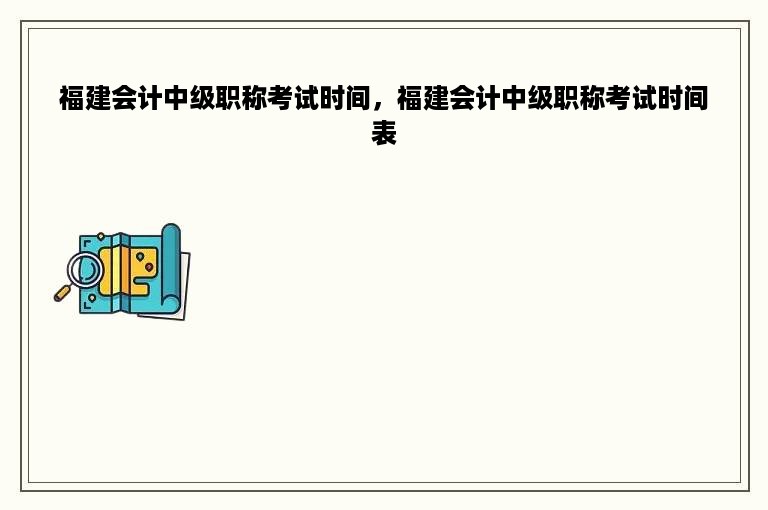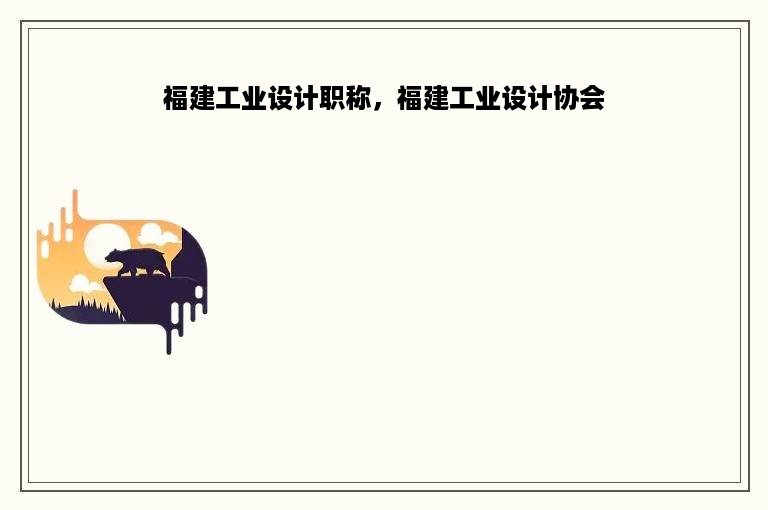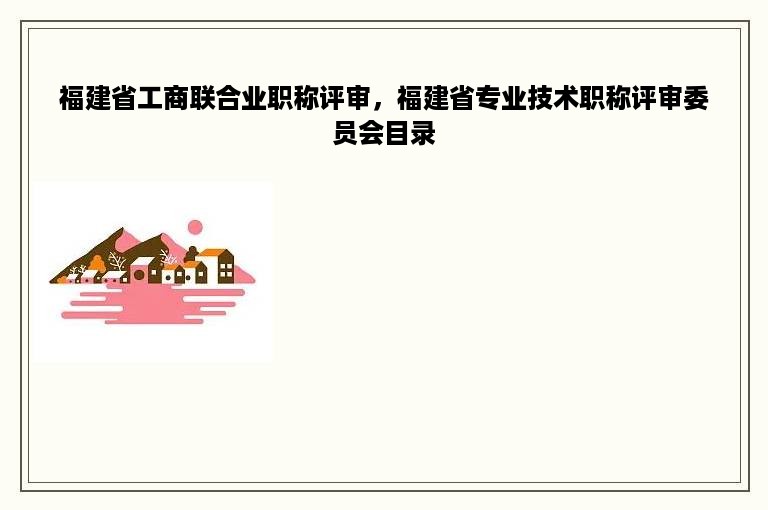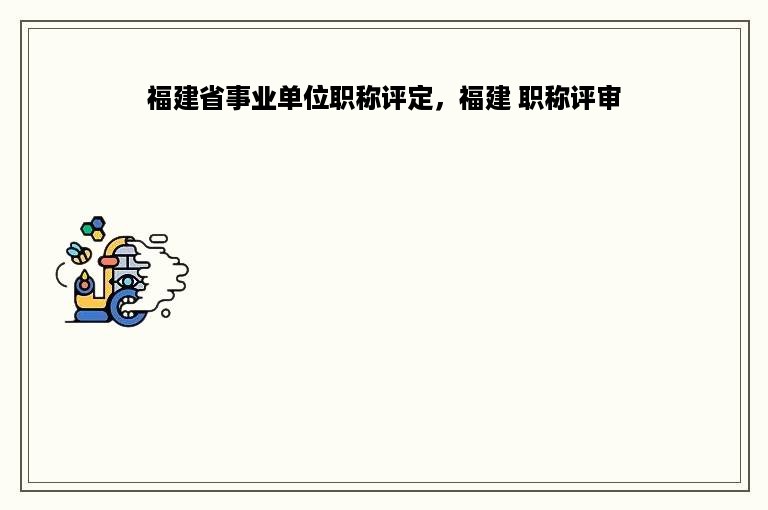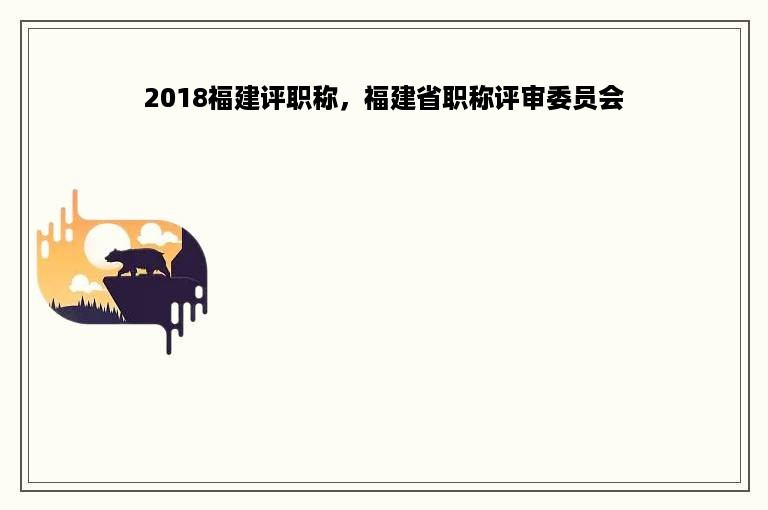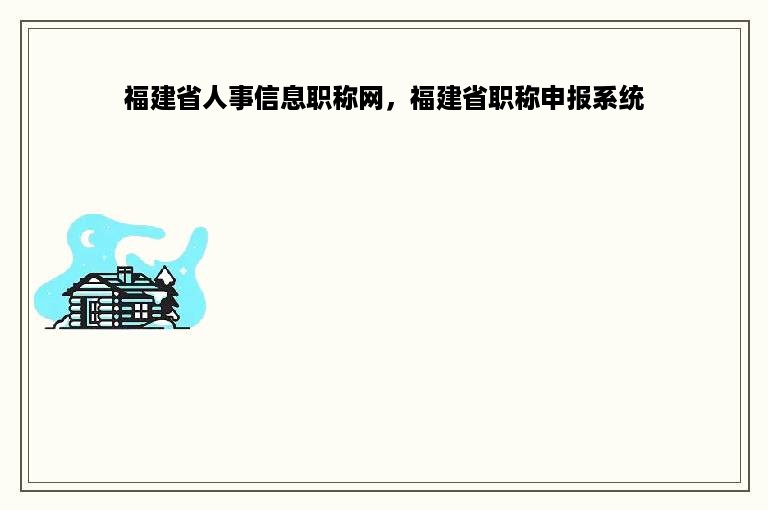我想下载些历年高考英语真题,谁能告诉我哪里可以下载,要全的,跪谢!
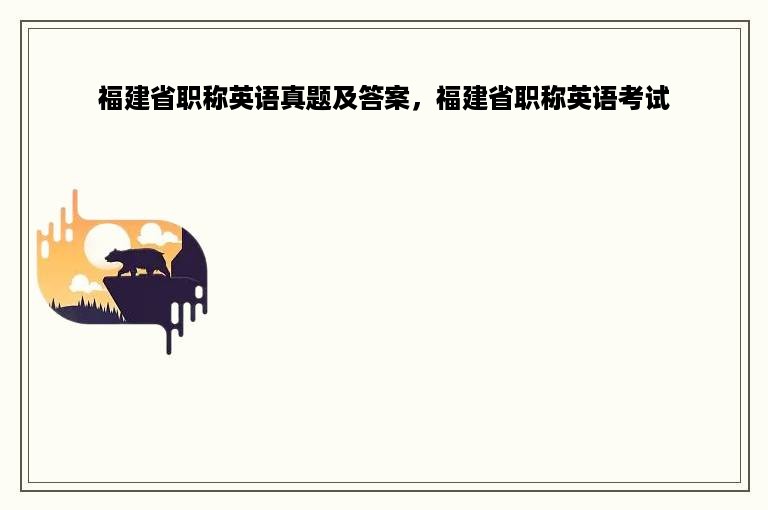
高中英语合集百度网盘下载
链接:

添加微信好友, 获取更多信息
复制微信号
?pwd=1234
提取码:1234
简介:高中英语优质资料下载,包括:试题试卷、课件、教材、视频、各大名师网校合集。
2020年12月英语四级听力音频(附真题)
12月大学英语四六级考试已经落下帷幕!
快来听听今天四级考试听力部分音频吧!注:本文只有一套听力题目和答案。
2020年12月四级听力音频
?
四级听力真题:
Part Ⅱ Listening Comprehension (25 minutes)
Section A
Directions: In this section, you will hear threenews reports. At the end of each news report, you will hear two or three questions.Both the news report and the questions will be spoken only once. After you heara question. you must choose the best answer from the four choices marked A),B),C) and D). Then mark the corresponding letter on Answer Sheet 1 with asingle line through she centre.
Questions 1 and 2 are based on the news reportyou have just heard.
1.A) A deadly fish has been spotted in theMediterranean waters.
B) Invasive species are driving away certainnative species.
C) The Mediterranean is a natural habitat ofDevil Firefish.
D) Many people have been attacked by Devil Firefish.
2.A) It could add to greenhouse emissions.
B) It could disrupt the food chains there.
C) It could pose a threat to other marine species.
D) It could badly pollute the surrounding waters.
Questions 3 and 4 are based on the news reportyou have just heard.
3.A) cars will not be allowed to enter the city.
B) About half of its city center will be closedto cars.
C) Buses will be the only vehicles allowed onits streets.
D)Pedestrians will have free access to the city.
4.A) The rising air pollution in Paris.
B) The worsening global warming.
C The ever-growing cost of petrol.
D) The unbearable traffic noise.
Questions 5 to 7 are based on the news reportyou have just heard.
5.A) Many of his possessions were stolen.
B) His house was burnt down in a fire.
C) His fishing boat got wrecked on a rock.
D) His good luck charm sank into the sea.
6.A) Change his fishing locations.
B) Find a job in a travel agency.
C) Spend a few nights on a *** all island
D) Sell the pearl he had kept for years
7.A) A New Year museum
B) The largest pearl in the world weighs
C) His monstrous pearl was extremely valuable.
D) His pearl could be displayed in a museum.
?
Section B
Directions: In this section, you will heartwo long conversations. At the end of each conversation, you will hear fourquestions. Both the conversation and the questions will be spoken only once.After you hear a question, you must choose the best answer from the fourchoices marked A), B), C and D). Then mark the corresponding letter on AnswerSheet 1 with a single line through the centre.
Questions 8 to 11 are based on the conversationyou have just heard.
8.A) It boasts a fairly long history.
B) It produces construction materials.
C) It has 75 offices around the world.
D)It has over 50 business partners.
9.A) It has about 50 employees.
B) It was started by his father.
C) It has a family business.
D) It is over 100 years old.
10.A) Shortage of raw material supply.
B) Legal disputes in many countries.
C) Outdated product design.
D) Loss of competitive edge.
11.A) Conducting a financial *** ysis forit.
B) Providing training for its staff members.
C) Seeking new ways to increase is exports.
D) Introducing innovative marketingstrategies.
Questions 12 to 15 are based on the conversationyou have just heard.
12.A) She is a real expert at house decorations.
B) She is well informed about the designbusiness.
C) She is attracted by the color of thesitting room.
D) She is really impressed by the man’shouse.
13.A) From his younger brother Greg.
B) From home design magazines.
C) From a construction busines *** an.
D) From a professional interior designer.
14.A) The effort was worthwhile.
B) The style was fashionable.
C) The cost was affordable.
D) The eft was unexpected.
15.A) She’d like him to talk with Jonathan abouta new project.
B) She wants him to share his renovation experiencewith her
C) She wants to discuss the house decorationbudget with him.
D)She’d like to show him around her newly-renovatedhouse.
?
Section C
Directions: In this section, you will hear threepassages. At the end of each passage, you will hear three or four questions. Boththe passage and the questions will be spoken only once. After you hear aquestion, you must choose the best answer from your choices marked A), B), C)and D). Then mark he corresponding letter on Answer Sheet 1with a single linethrough the centre.
Questions 16 to 18 are based on the passageyou have just heard.
16.A) Providing routine care for *** all children.
B) Paying hospital bills for emergency cases.
C) Doing research on ear, nose and throat diseases.
D) Removing objects from patients’ noses andears.
17.A) Many children like to *** ell thingsthey find or play with.
B) Many children like to put foreignobjects in their mouths.
C) Five-to nine-year-olds are the most likelyto put things in their ears.
D) Children aged one to four are often morecurious than older children.
18.A) They tend to act out of impulse.
B) They want to attract attentions.
C) They are unaware of the potential risks.
D) They are curious about these body parts.
Questions 19 to 21 are based on the passageyou have just heard.
19.A) It paid for her English lessons.
B) It gave her a used bicycle.
C) It delivered her daily necessities.
D) It provided her with physical therapy.
20.A) Expanding bike-riding lessons.
B) Asking local people for donations.
C) Providing free public transport.
D) Offering walking tours to visitors.
21.A) It is a language school.
B) It is a charity organization.
C) It is a counseling center.
D) It is a sports club.
Questions 22 to 25 are based on the passageyou have just heard.
22.A) How mice imitate human behavior aspace.
B) How low gravity affects the human body.
C) How mice interact in a new environment.
D) How animals deal with lack of gravity.
23.A) They were not use to the low-gravityenvironment.
B) They found it difficult to figure outwhere they were.
C) They found the space in the cage too *** all to stay in.
D) They were not sensitive to the changedenvironment.
24.A) They tried everything possible toescape from the cage.
B) They continued to behave as they did inthe beginning.
C) They already felt at home in the newenvironment.
D) They had found a lot more activities toengage in.
25.A) They repeated their activities everyday.
B) They behaved as if they were on Earth.
C) They begin to eat less after some time.
D) They changed their routines in space.
?
四级听力答案:
1. A. A deadly fish has been spotted in the Mediterranean waters.
2. C. It could pose a threat to other marine species.
3. B. About half of its city center will be closed to cars.
4. A. The rising air pollution in Paris.
5. B. His house was burnt down in a fire.
6. D. Sell the pearl he had kept for years.
7. C. His monstrous pearl was extremely valuable.
8. A. It boasts a fairly long history.
9. C. It is a family business.
10. D. Loss the competitive edge.
11. A. Conducting a financial *** ysis for it.
12. D. She is really impressed by the man’s house.
13. B. From home design magazines.
14. C. The cost was affordable.
15. B. She wants him to share his renovation experience with her.
16. D. Removing objects from patients’ noses and ears.
17. C. Five-to nine-year-olds are the most likely to put things in their ears.
18. D. They are curious about these body parts.
19. B. It gave her a used bicycle.
20. A. Expanding bike-riding lessons.
21. B. It is a charity organization.
22. D. How animals deal with lack of gravity.
23. A. They were not used to the low-gravity environment.
24. C. They already felt at home in the new environment.
25. B. They behaved as if they were on Earth.
祝大家顺利通过考试~
相关热点:
四级答案
英语四级听力
职称英语成绩查询
中石油职称英语阅读精讲:Happiness Index
金钱可以买到幸福吗?下面这篇阅读文章内容是关于幸福指数调查的,欢迎大家阅读。不要忘了做后面的习题哦。
Happiness Index 幸福指数
1. In terms of happiness, your spouse—if you have one—is worth $100,000 a year.
1、就幸福而言(in terms of 依据;按照),你的配偶(spouse)——如果你有的话——值10万美元一年(a year)。
2. That's the finding of two economists who have tried to put a monetary value on happiness by measuring the emotional value of everything from religion to racial discrimination in dollars.
2、这就是两位经济学家研究的结果(finding n. 发现;调查的结果; economist n. 经济学家),他们试图从金钱的角度来衡量幸福,以美元为单位(in dollars),对从宗教到种族歧视等各种情感进行估价(who 引导的定语从句修饰two economists; try to do sth. 试图做某事;monetary value 货币价值;emotional value 情感价值;religion n. 宗教;信仰;racial discrimination 种族歧视)。
3. Such a calculation, admits economist David Blanchflower, is "
a little bit off the wall" and may prompt wry comments within some marriages on "cashing in".
3、经济学家大卫·布兰奇弗劳尔(简称DB)承认(admit vt.),这种计算是“有点离奇”(a little bit 有点儿; off the wall 荒诞的;疯狂的),并可能引起不当的想法(prompt vt. 激起;促进;wry adj. 扭曲的; comment n. 评论;意见),认为有些人结婚是为了 “从中捞取好处” (cash in 兑现)。
4. The two economists are, of course, speaking of averages. They have used an annual survey of some 1,500 Americans from 1972 to 1998 to measure self- reported happiness and the factors that go with it. But it turns out that the happiness value of a stable marriage is "incredibly high", says Dr. Blanchflower, a professor at Dartmouth College in Hanover, N.H., whose study has just been published by the National Bureau of Economic Research in Cambridge, Mass. "Don't give it up lightly."
4、当然,这两位经济学家是就一般人(或中等水平)而言的(speak of 提及;谈到)。他们从1972年到1998年每年(annual adj. 年度的;每年的)对大约1500名美国人进行调查,衡量(to measure … 不定式作目的状语)他们自述的幸福和产生幸福的因素(that go with it定语从句修饰前面置词the factors;it 指的是什么?答案就是“自述的幸福”;go with 伴随;)。结果表明(it turns out that 原来是…),一个稳定的婚姻的幸福值“髙得令人难以置信(incredibly adv.)”,布兰奇弗劳尔(DB)博士如是说。布兰奇弗劳尔博士是新罕布什尔州汉诺威市达特默思大学教授, 他的研究成果新近已由马萨诸塞州(Mass)剑桥市的全国经济研究局发表(本句考点:现在完成时被动语态,by 后面的机构不用深究是什么;just adv. 刚刚)。他还说:“不要轻易放弃婚姻。”(give up 放弃)
5. Blanchflower and his partner Andrew Oswald, an economist at Warwick University in Britain, begin with this question: "Taken all together, how would you say things are these days—would you say that you are happy, pretty happy, or not so happy?"
5、布兰奇弗劳尔和他的合作伙伴(partner)——英国华威大学的经济学家安德鲁•奥斯瓦尔德(简称AO),是以这个问题开始(begin with)他们的调查的:“总的来说(all together 一起;同时),你会怎样描述近况——是快乐、相当快乐,还是不怎么快乐?”(how would you say…用两个特殊疑问句提出问题;谓语say后接两个宾语从句。)
6. The survey results include detailed characteristics of those surveyed, such as whether they are married, divorced, single, their income level, race, gender, etc. With that data, they found which factors are associated with greater happiness.
6、调查结果包括(include)被调查对象的详细特征(detailed characteristics of those surveyed;记得the +adj. 可以当名词用,如the poor 穷人;这里的those surveyed 是不是也是一样,也可以当名词用,即“被调查对象”)——比如是否(whether)已婚、离异、单身,收入水平、种族和性别(gender)等情况。他们运用这些数据找出了那些与更高程度幸福相关的因素(which引导的名词性从句做宾语;be associated with 和…联系在一起;与…有关)。
7. Extra money does buy some happiness. But (it is) not as much as many would suspect. Constructing a sort of happiness index that assigns 3 to "very happy", 2 to "pretty happy", and 1 to "not too happy", the two reckon that an extra dollar provides 0.00000409 in additional happiness. Or $10,000 would give you 0.04 units of extra happiness.
7、额外的金钱的确(does强调,加强语气)可以买到某种幸福。但是并不像许多人料想的那么多(suspect vi. 怀疑;猜想)。他们设计了一种幸福指数:3表示“非常幸福”,2表示“相当幸福”,1表示“不太幸福”(that 引导的定语从句修饰a sort of happiness index; assign to 分配给;指定到)。他们俩由此估算出(reckon vt. 测算;计算),每额外增加1美元,幸福就会增值 0.00000409(additional adj. 附加的,额外的)。或者说1万美元可以使你的幸福增值0.04个单位。
8. The two economists, using this index, assign a dollar value to other factors associated with more or less happiness.
8、这两位经济学家用这种指数(using this index)以美元为单位对与大大小小的幸福相关的(associated with more or less happiness过去分词做定语,修饰other factors)其他因素进行了估价。
9. Using that index, a lasting marriage is worth $100,000 per year compared with being widowed or divorced. Being "separated" is the greatest depressant of happiness, followed closely by the death of a spouse.
9、采用这种指标可以看出,与鳏寡或离异(being widowed or divorced)相比(compare with 与…相比较),持久的婚姻每年价值10万美元。“分居”(being "separated")是对幸福更大的抑制剂(depressant),紧随其后的(抑制剂)是丧偶(followed…过去分词做定语)。
10. Second and subsequent marriages are less happy than first marriages on average.
10、一般来说(on average 平均;偏意:通常),第二次婚姻和以后的(subsequent)再婚都不如之一次婚姻幸福。
11. A 16-year-old whose parents divorced has a lower level of well-being in *** hood.
11、一个双亲离异的16岁孩子(whose parents divorced定语从句修饰a 16-year-old; divorce vi. 离婚)在长大成人之后拥有较低程度的幸福(well-being n. 幸福;康乐; *** hood n. 成年)。
12. "Marriage is believed by psychologists and psychiatrists to provide a protective effect to mental well-being," the authors note.
12、这两位作者指出:“心理学家和精神病学家认为婚姻是对精神健康的一种保障。(psychologist n. 心理学家; psychiatrist n. 精神病学家; protective effect n. 保护任用;防护作用; mental n. 精神的;心理的)”
13. Blanchflower suspects the decline in the happiness level of Americans from the early 1970s to the late 1990s, despite rising incomes, may be attributed to the rise in divorce.
13、布兰奇弗劳尔认为,尽管(despite prep.尽管; n. 轻视;蔑视;憎恨)从1970年代初期到1990年代末期美国人的收入增加了(rising in comes),但是他们的幸福程度却降低了,这或许应归罪于离婚率的升髙(be attributed to 归因于…)。
14. Other findings include:
14、其他的发现包括:
15. To bring African-Americans up to average happiness levels, they would need an extra $ 30,000 in annual income.
15、要使非洲裔美国人的幸福程度上升到平均水平,他们的年收入(in annual income)还需要增加3万美元。
16. This, the authors speculate, may be the impact of
racial discrimination. Over the past few decades, however, their happiness level has risen. "Blacks have made up some ground," they say.
16、这两位作者认为(speculate vt. 推断),这种较低的幸福程度可能是种族歧视的结果(impact n. 影响;效果; racial discrimination n. 种族歧视)。然而,在过去的几十年中,他们的幸福程度已经上升了。两位作者说:“黑人已经取得了一些进展。”
17. Unemployment is highly damaging to men's happiness. It would take $ 60,000 a year to offset being jobless.
17、失业对男人的幸福损伤极大(damaging adj. 有破坏性的;损害的)。要补偿这种无业状况(to offset being jobless 不定式做目的状语;offset vt. 弥补;抵消)一年需要6万美元。
18. 'Men's happiness has trended up. Women's sense of well-being, though higher than that of men, has fallen "noticeably". Policies aimed at ending discrimination against women apparently have not boosted their happiness overall.
18、男人的幸福程度越来越高了。女人的幸福感虽然比男人的要高一些(though higher than that of men;that 指sense of well-bing),但已有“明显(noticeably adv.)”下降。那些旨在消除女性歧视的(aimed at ending discrimination against women 过去分词做定语,修饰policy-policies)政策显然还未从总体上提高她们的幸福程度(apparently adv. 显然地; boost vt. 促进;增加;overall adv. 全部地;总的说来)。
19. The educated tend to be happier than those less educated, even when separated from the higher income that often accompanies greater education.
19、受教育多的人趋于比受教育少的人更幸福,即使在拿不到高薪时也如此,虽然高薪常常与高学历相关(separate from 分离; accompany vt. 陪伴;伴随;直译为:即使是拿不到与高学历相关的高薪,受教育多的人也比受教育少的人更幸福)。
20. Happiness and life satisfaction are U-shaped according to age. In the United States, people's sense of well-being sinks to a low around 40 and then rises.
20、幸福程度与对生活的满意程度(life satisfaction)随着年龄的'增加而呈U形曲线(according to 根据,按照)。在美国,人们的幸福感在40岁左右降至低谷(sink to 堕落到),然后又开始上升。
21. Perhaps, the authors suggest, people adapt to their circumstances, relinquish some unfulfilled aspirations by the middle of their lives, and enjoy life more.
21、这两位作者建议人们也许应该适应环境(adapt to 适应; circumstance n. 环境;境遇),经历中年时(by the middle of their lives)放弃一些仍未实现的抱负(relinquish vt. 放弃; unfulfilled adj. 未实现的;没有成就感的; aspiration n. 渴望;抱负,志向),从而充分地享受人生。
22. Being religious has a positive effect.
22、宗教信仰对人有积极影响(positive adj. 积极的)。
23. Overall the number of children and siblings a person has doesn't have an impact on their happiness. But for those under 30, happiness decreases proportionately to the number of both children and siblings. Blanchflower and Mr. Oswald found it in a separate study,"The Rising Well-Being of the Young".
23、总体上来讲,一个人所拥有的孩子和兄弟姐妹的数量((that) a person has 是the number of children and siblings的定语从句; siblings n.兄弟姐妹)对他们的幸福并没有影响(have an impact on 对于…有影响)。但是,布兰奇弗劳尔和奥斯瓦尔德先生在另一项名为“年轻人日益增高的幸福感”的课题研究中发现,对于那些30岁以下的人来说,幸福感会因孩子和兄弟姊妹的增多而成比例地下降(proportionately adv. ; separate adj. 单独的;分开的)。(注意:…found it …中的it指的是前一句话的内容,即“对于那些30岁以下的人来说,幸福感会因孩子和兄弟姊妹的增多而成比例地下降”;在“阅读理解”的题目中,经常会提出这样的问题,如某句中的it或that或they指的是…,四选一;所以要好好分析)
24. Blanchard suspects this has to do with the stress associated with having lots of kids.
24、布兰彻德认为(suspects)这必定是由于孩子多而压力增大的缘故(has to 不得不; do with忍受;this仍然是指上面那句话的内容;直译为:布兰彻德认为这是由于不得不忍受与孩子多有关的压力而造成的)。
25. Surveys in Britain give "noticeably similar results" to those in the US. But people's level of satisfaction has remained about the same from the early 1970s to the late 1990s.
25、在英国的调查得出了与在美国的调查“明显相似的结果”。但是,从20世纪70年代初到90年代末,人们的满意程度几乎一直没有变化(has remained about the same)。
1. …, whose study __________the National Bureau of Economic Research in Cambridge, Mass.
A. have just been published byB. has just been published by
C. has just published byD. has just been published
2. With that data, they found which factors are associated __________greater happiness.
A. withB. inC. toD. of
3. Extra money does buy some happiness. But it is not as much as many would __________.
A. surroundB. surpriseC. succeedD. suspect
4. A 16-year-old __________has a lower level of well-being in *** hood.
A. whose parents divorcedB. who parents divorced
C. whose parent divorcedD. whose parents divorce
5. Blanchflower suspects the decline in the happiness level of Americans from the early 1970s to the late 1990s, __________rising incomes, may __________the rise in divorce.
A. despite; be attributed of
B. despite; be attributed to
C. despite; is attributed to (may+原形,因此C错)
D. despite; be attracted to
6. Women's sense of well-being,__________.
A. though higher than that of men, but has fallen "noticeably"
B. through higher than that of men, has fallen "noticeably"
C. though higher than that of men, has fallen "noticeably"
7. Perhaps people __________their circumstances, relinquish some unfulfilled aspirations by the middle of their lives, and enjoy life more.
A. adapt to B. adopt in C. adapt inD. adopt into


